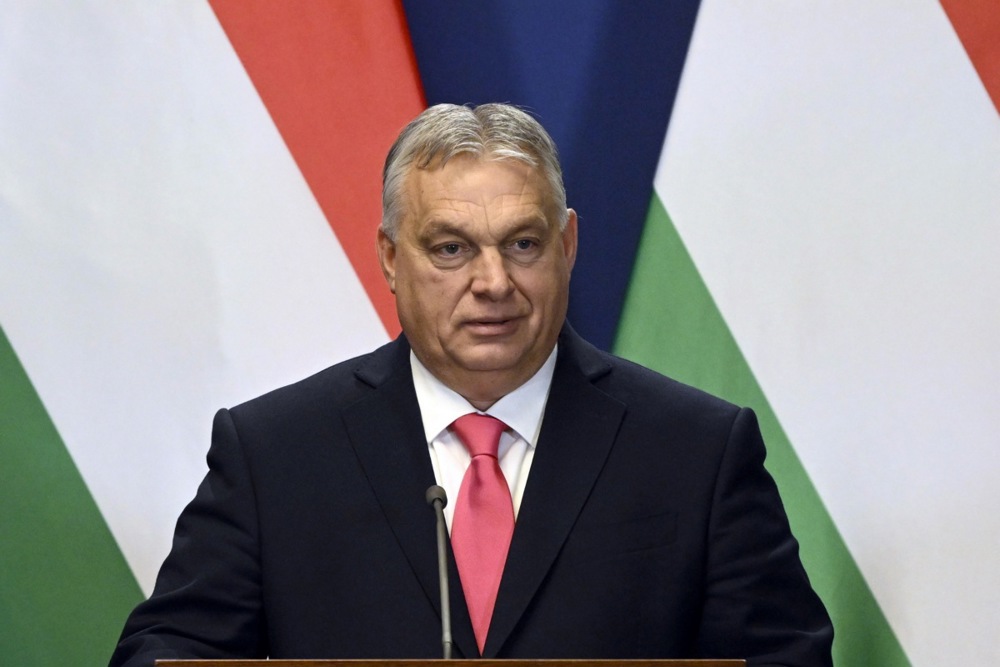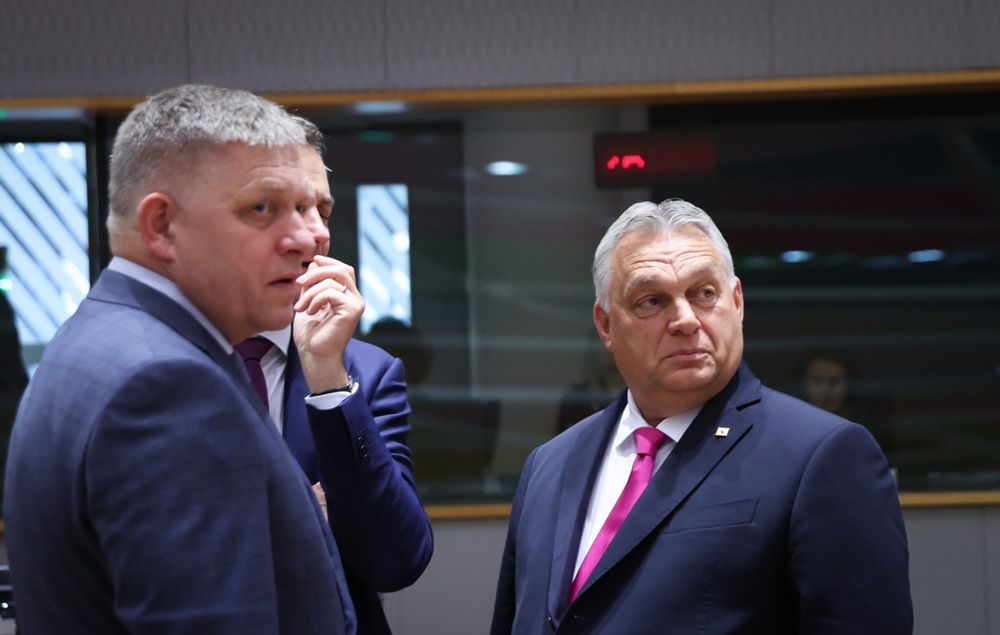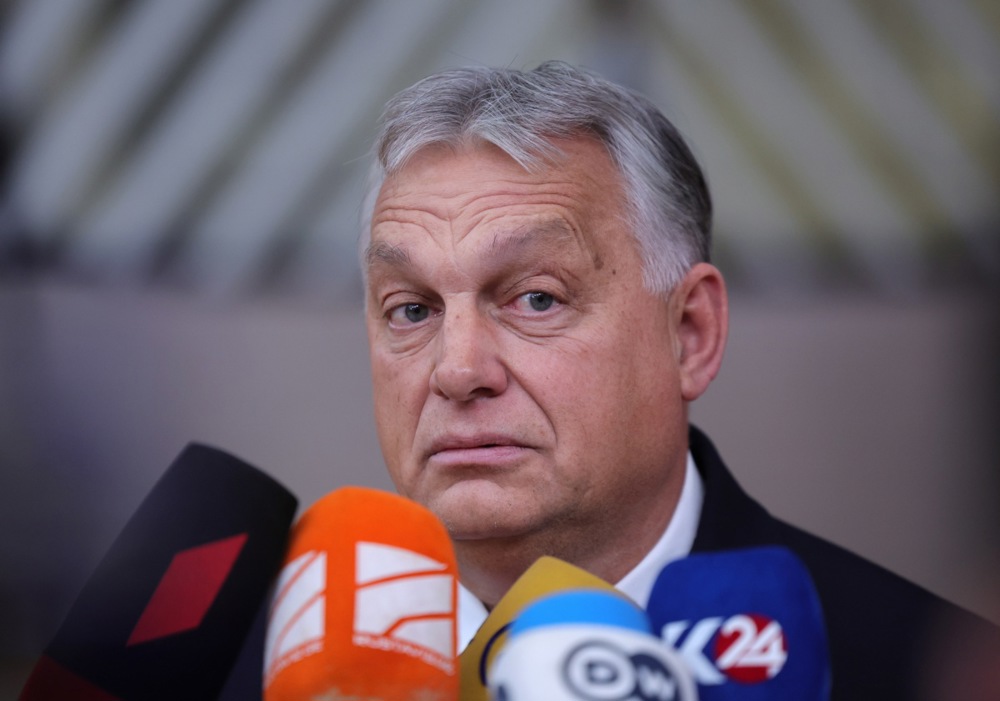Hungarian Prime Minister Viktor Orbán and the European Union are seemingly still on a collision course over the hotly contested subject of aid to Ukraine.
In an interview with the French Le Point magazine on January 30, Orbán said he proposed a compromise but Brussels was trying to “blackmail” Hungary.
On X, he stated: “Forget about the rule of law, Hungary is blackmailed for having its own opinion on migration, the war in Ukraine and gender propaganda. We will defend our interests. Hungary cannot be blackmailed!”
We made a compromise proposal. In return, we were blackmailed by Brussels. The #Brussels blackmail manual was published in the @FT earlier this week. The cat is out of the bag. Forget about the rule of law, Hungary is blackmailed for having a it’s own opinion on #migration, the…
— Orbán Viktor (@PM_ViktorOrban) January 30, 2024
Orbán reiterated in the interview that Hungary’s position still was that “there’s no military solution in Ukraine, only a diplomatic one”.
He questioned the plan to provide Ukraine with €50 billion in EU aid spread over four years, highlighting Hungary’s right to dissent and what he called the “value of sovereignty”.
“We have a budget in the European Union that was accepted three years ago with the other countries, including Hungary,” Orbán said.
He said he wanted an annual vote on money sent to Ukraine, giving Member States more say over such things.
“It’s very difficult to remain alone in this family,” he said regarding the EU.
“We all have some experience in international politics,” Orbán remarked in response to Brussels’ “blackmail” plan, as was revealed in the UK’s Financial Times recently.
“We didn’t come from kindergarten. If the Financial Times publishes a document detailing a scenario of a financial blockade of Hungary and blackmail against us, we can be sure that it exists.
“I understand how difficult it is for others to accept this, because the European Union, in recent years, has moved more and more towards an imperialist direction, especially after the departure of the United Kingdom,” Orbán said.
“It is less and less a community of sovereign States. Increasingly, whatever your treaty law is, whatever reasonable arguments you make against them, they are trying to force you to be part of something that you do not want.”
Regarding the farmers’ protests erupting across Europe over perceived problems with agriculture, he said: “The [European] Commission should defend European interests against the Ukrainians, not Ukrainian interests against European farmers,” warning of a possible inflow of cheap Ukrainian produce.
Economics professor Glenn Rayp told Brussels Signal that the alleged “threats” made by the Council of Europe against Hungary, according to the FT, were not specific. He said they were probably meant as a “signal” to Orbán that “an injudicious use of the veto right could lead to countermeasures”.
“This in itself would be novel, and an erosion of the veto right, but not impossible based on Article Seven of the European Union treaty referred to,” he said.
Article Seven allows for the suspension of certain rights in cases of violations of EU values, “without listing them exhaustively”. That could include the right to vote, among other punitive measures regarding Member State’s behaviour.
“This is independent of Hungary’s macroeconomic performance,” Rayp noted.
“Moreover, the risk of a change in access to European funds could put pressure on it and lead to action under the revised Growth and Stability Pact, which allows for more discretionary interpretation than the original Maastricht Treaty, albeit with a more accommodative focus initially, as a nuance to Maastricht norms.”





